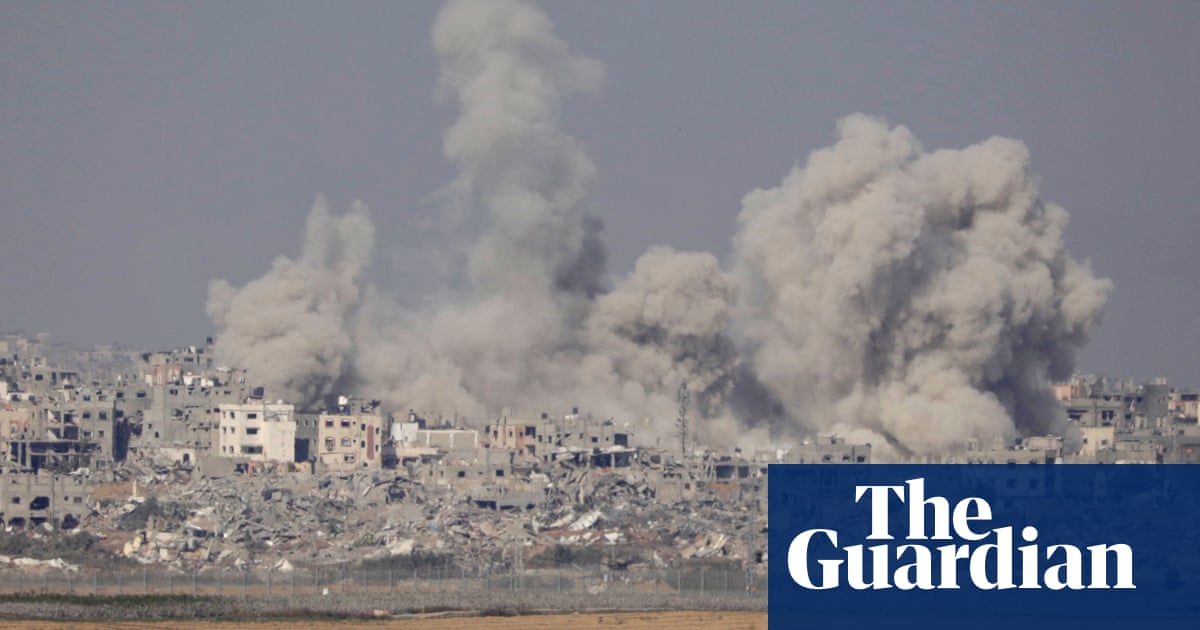
Palestinian finances are on the brink of ruin after the suspension of hundreds of millions of dollars of US aid, the head of the Palestine Monetary Authority (PMA) said on Tuesday.
The mounting financial pressures on the Palestinians self-ruling entity have sent its debt soaring to $3 billion, and led to a severe contraction in its estimated $13 billion GDP economy for the first time in years, Azzam Shawwa told Reuters.
"We are now going through a critical point," Shawwa said with respect to Palestinian President Mahmoud Abbass Authority, which exercises limited self-government in the Israeli-occupied West Bank.
"Whats next, we dont know. How we are going to pay salaries next month? How are we going to finance our obligations? How will daily life continue without liquidity in the hands of people?" said the head of the PMA, the Palestinians equivalent of a central bank.
"I dont know where we are heading. This uncertainty makes it difficult to plan for tomorrow," Shawwa said during a visit to neighboring Jordan.
The steep cuts in US aid over the past year were widely seen as an attempt to pressure the Palestinian Authority (PA) back to the negotiating table after it cut off political dealings with the Trump administration in 2017.
That move followed President Donald Trumps decision to recognize Jerusalem as the capital of Israel, and to move the American embassy to the city despite its internationally disputed status, reversing decades of US policy and practice.
The White House is eager for Palestinians to engage with a long-delayed Middle East peace plan drawn up by Trumps son-in-law Jared Kushner.
The plans economic component is due to be unveiled at a conference in Bahrain next week, which the Palestinians are boycotting, citing pro-Israel bias by Washington.
Worsening the Palestinian Authoritys plight, Shawwa said, Arab countries had failed to honor their donor pledges, providing just $40 million a month, which barely dented the PAs financing gap. Half of that sum came from Saudi Arabia.
The Palestinian Authority has had to increase borrowing from 14 banks to weather the crisis, Shawwa said.
"Without that (borrowing) there would have been a financial collapse. I have worries for the first time over financial stability," Shawwa said.
The once flourishing West Bank economy, which saw 3.3 percent average growth in recent years, has now gone into the red, Shawwa said.
The sudden layoff of thousands of people once dependent on US-financed projects worsened government finances through lower tax collections and resulted in higher defaults on bank loans from troubled firms, he added.
"We are being fought by the most important power in the world," Shawwa said, alluding to the Trump administration.
The only thing staving off a major economic crisis was cash earned by the over 100,000 Palestinians who work in Israel, and remittances from Palestinians working abroad.
Shawwa, who has been invited to attend the Bahrain conference, said it was difficult to see how any plan would go ahead without willing Palestinian partners.
"Is it in the interest of America to break the Palestinian economy?" he said.












